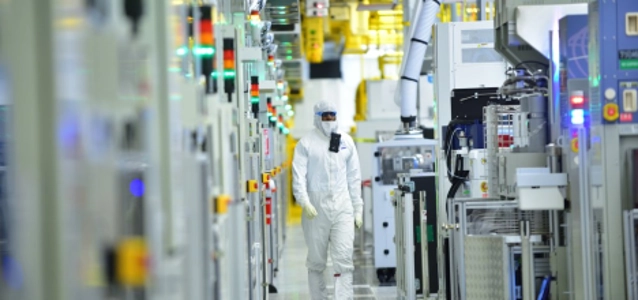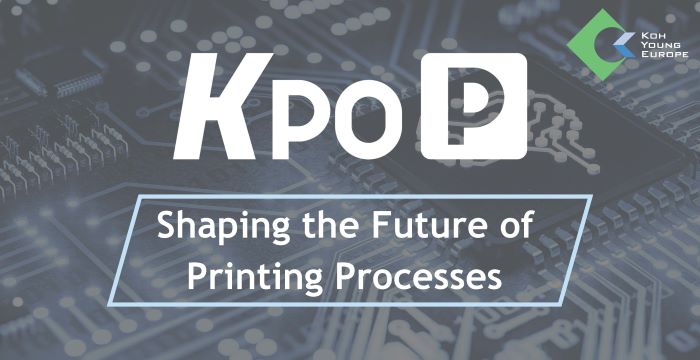
Intel and UMC's partnership – a win-win for both
Intel and UMC officially announced their landmark collaboration on January 25, 2024, geared toward developing the 12-nanometer process. TrendForce believes that this partnership, which leverages UMC’s diversified technological services and Intel’s existing factory facilities for joint operation, not only aids Intel in transitioning from an IDM to a foundry business model but also brings a wealth of operational experience and enhances manufacturing flexibility.
For UMC, this collaboration is a game-changer as it allows the company to agilely leverage FinFET capacity without the pressure of heavy capital investments. This move positions UMC to carve out a unique niche in the fiercely competitive mature process market. Furthermore, by co-managing Intel’s US facility, UMC can expand its global footprint, smartly diversifying geopolitical risks. This partnership is shaping up to be a win-win for both.
TrendForce notes that to minimize additional investment costs in factory facilities, the collaboration between the two companies on the 12-nm FinFET process utilizes Intel’s existing Chandler, Arizona (Fab22/32). This choice not only maintains production at its current scale but also slashes average investment by a staggering 80%, compared to the cost of new equipment. This calculation includes only the expenses related to the relocation of equipment, secondary piping costs for factory services, and other minor associated expenses for ancillary equipment.
The 12nm process represents a synergistic combination of Intel's capacity and UMC's technology
Before the announcement, Intel — traditionally known for its CPUs and GPUs — faced hurdles in its quest to break into the foundry industry, despite its advanced process technology and initiatives like IDM 2.0 and the acquisition of Tower Semiconductor. UMC, focused on 28nm and 22nm processes and known for its High Voltage technology, found itself at a crossroads due to the rapid development of mature processes in its China facilities. This partnership is UMC’s bold response to the challenge, allowing it to step into the FinFET era without the burden of excessive investment costs.
Post-announcement, UMC will not only assist in developing part of the 12nm IP but also play a crucial role in helping Intel with foundry business negotiations. This move allows UMC to distinguish itself in the mature process competition in China. Intel, on the other hand, benefits by gaining invaluable foundry market experience and the opportunity to focus on developing even more advanced processes, such as 3nm and 2nm.
Looking ahead, TrendForce speculates that if this partnership progresses smoothly, Intel might consider co-managing additional 1Xnm FinFET facilities with UMC, potentially expanding to sites like Ireland’s Fab24 and Oregon’s D1B/D1C. However, the journey is not without its challenges. UMC’s 14nm process, in development since 2017, is yet to hit mass production, and its 12nm process is still in the R&D phase, with mass production eyed for late 2026. This collaboration’s mass production timeline is tentatively set for 2027, with the FinFET architecture’s stability under careful watch.
Overall, TrendForce views this alliance as a significant step. UMC brings its plentiful experience in mature processes, while Intel contributes its advanced technological prowess. This partnership is not just about mutual benefits at the 10nm process level; it’s a watchpoint for potentially deeper and more extensive collaboration in their respective fields of expertise. In the dynamic world of semiconductor manufacturing, this Intel-UMC alliance is a fascinating development to keep an eye on.
For more information visit TrendForce.


